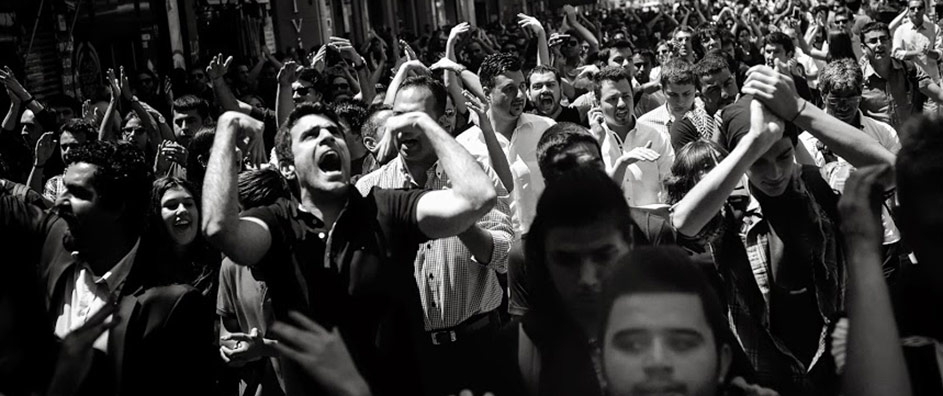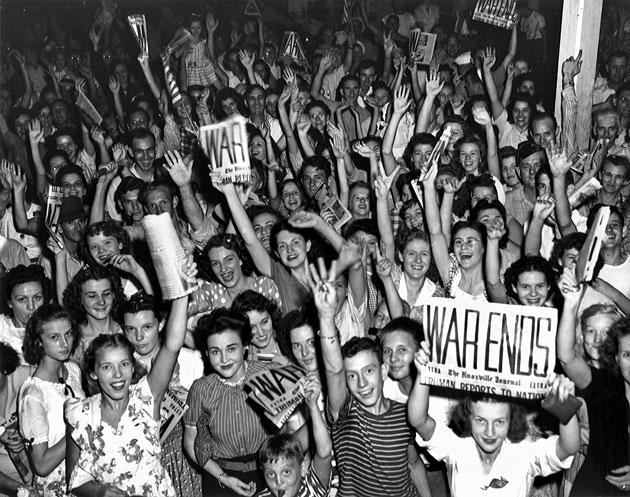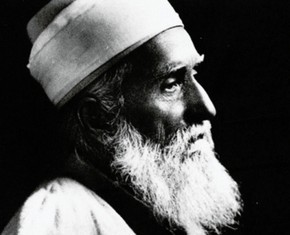The views expressed in our content reflect individual perspectives and do not represent the authoritative views of the Baha'i Faith.
As a teenager, fed up with the organized religion I grew up in, I stopped believing in God and became an agnostic, or an atheist – I wasn’t sure which.
I just knew that the God I learned about in my early religious education didn’t make any sense to me at all. That God seemed angry and vindictive and cruel, a mean old man out to get misbehaving, mischievous kids like me. He came across as quick to punish and slow to forgive. He seemed like a harsh disciplinarian, an unreasonable Old Testament fire-and-brimstone God, one who didn’t appreciate how His creation had turned out and was determined to punish us terribly for our trespasses.
But it wasn’t just this particular God’s personality I didn’t like – I hated his theology.
Here was a God, the pastors in my church explained to me, who had one strict, hidebound and dogmatic rule – either you believed in his Son Jesus or you burned in hell for eternity. Such terrible torture, inflicted by an outraged God on every unbeliever regardless of whether or not they’d even heard of this arbitrary rule, struck me as a great injustice. I just could not believe that this God existed. Even if he did, I wanted nothing to do with him.
To be fair, some of my strong reaction to this imperious and intractable God probably came from my own negative personal experience with authority.
Like many children growing up in post-World War II society, or maybe any post-war society at all, my father had returned from combat severely damaged. Shot through the right shoulder with a 105mm howitzer shell on the island of Tarawa, he had barely survived such a serious wound. It took him nine months in a Naval hospital to recover. But he never recovered from the inner, spiritual wounds he suffered in the war.
For his valor in an early battle in the South Pacific, my father received a medal. He was honored for killing 36 Japanese soldiers, many in hand-to-hand combat after he had run out of ammunition. As a child who didn’t know better I was proud of my father’s war record; but as I grew into an adult I slowly realized that the horrors of war had severely traumatized him. He turned his wartime trauma inward – long before the discovery of Post-Traumatic Stress Disorder and effective psychological treatment – and then drank to try to forget. He learned to bury his feelings, and never spoke about those he had killed. He had constant nightmares and uncontrollable mood swings. He became a violent alcoholic who could not express emotion; an authoritarian and dictatorial man who ruled his family with an iron fist.
Studies have shown that children who grow up in healthy, caring families tend to have much a higher likelihood of religious belief. I know why. If you have the good fortune to have loving, well-adjusted, psychologically healthy parents, you will naturally be more inclined to believe in a loving, well-adjusted and psychologically healthy Creator. It stands to reason that we often respond to the notion of authority and power in the spiritual realm much the same as we respond to the authority and power we experience as children. If we’re treated well and not abused, we accept the idea that a loving Creator can treat us fairly and with kindness, too. But if we’re treated badly, subjected to violent abuse and the wild inconsistencies that addiction produces, we tend to reject the possibility of a merciful and loving God and rebel against authority. I know I did.
But despite all this, something inside me yearned for a God I could accept. When people asked what I believed, I claimed to be an agnostic and said I didn’t know if God existed – but deep in my heart, in my most inner spirit, I could still feel that spark of belief in something more than the physical.
I felt those yearnings when I meditated. In my dreams, too, I sometimes sensed a beneficent spiritual being, a Creator that I could love and respect. When I hiked and camped in the wilderness and gazed out into the heavens at night, I could see the presence of great beauty and harmony in nature, and that reassured me that a Creator of great beauty and harmony existed. In my quiet moments, I yearned for some sign or symbol that would show me God lived.
I gradually became aware that I wanted to believe in God, but I just hadn’t found a believable God yet, one I could accept spiritually and rationally at the same time. So I kept looking.
Then one day I met a Baha’i named Art Jess. Art, an Alaskan Indian, had a quiet, reserved manner and a serious way of talking about deep subjects. He asked me what I believed, and I told him I was an agnostic; that I didn’t believe in that old guy with a long white beard who sat on a cloud in the sky.
Art laughed and said “Well, don’t worry. We don’t believe in the same God you don’t believe in.” From that moment, I knew I’d found a friend.
“Baha’is believe,” Art told me, “that God is unknowable.” Then he showed me this quote from Baha’u’llah about the Baha’i understanding of God:
Immeasurably exalted is His Essence above the descriptions of His creatures. He, alone, occupieth the Seat of transcendent majesty, of supreme and inaccessible glory. The birds of men’s hearts, however high they soar, can never hope to attain the heights of His unknowable Essence. – Gleanings from the Writings of Baha’u’llah, p. 193.
You May Also Like
Comments


















Agnosticism is the position that it is not possible to prove, to know for ...certain, whether or not there are deities. Most atheists acknowledge that this is true — but then, it is also not possible to prove whether or not there are werewolves. That doesn't contradict the position that in the absence of strong evidence for the positive position, it is reasonable to use the negative position as a working assumption.